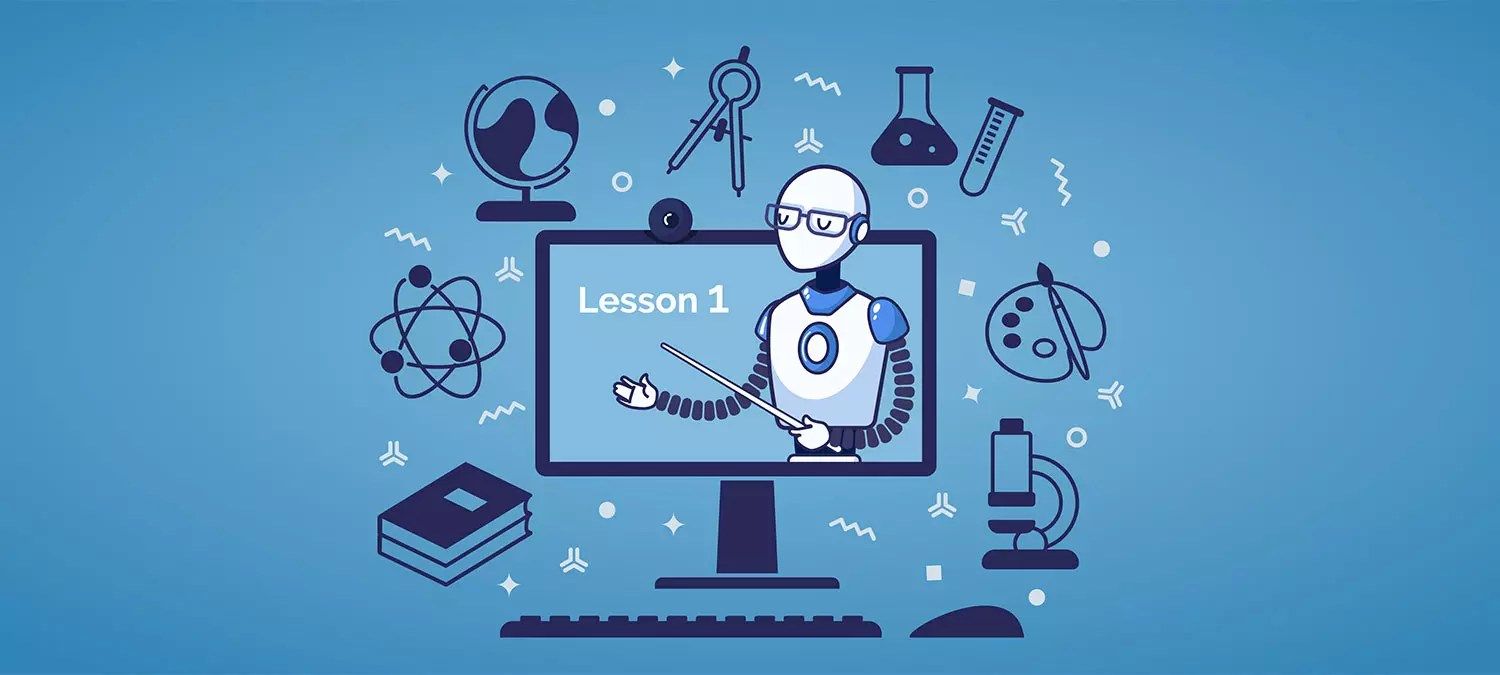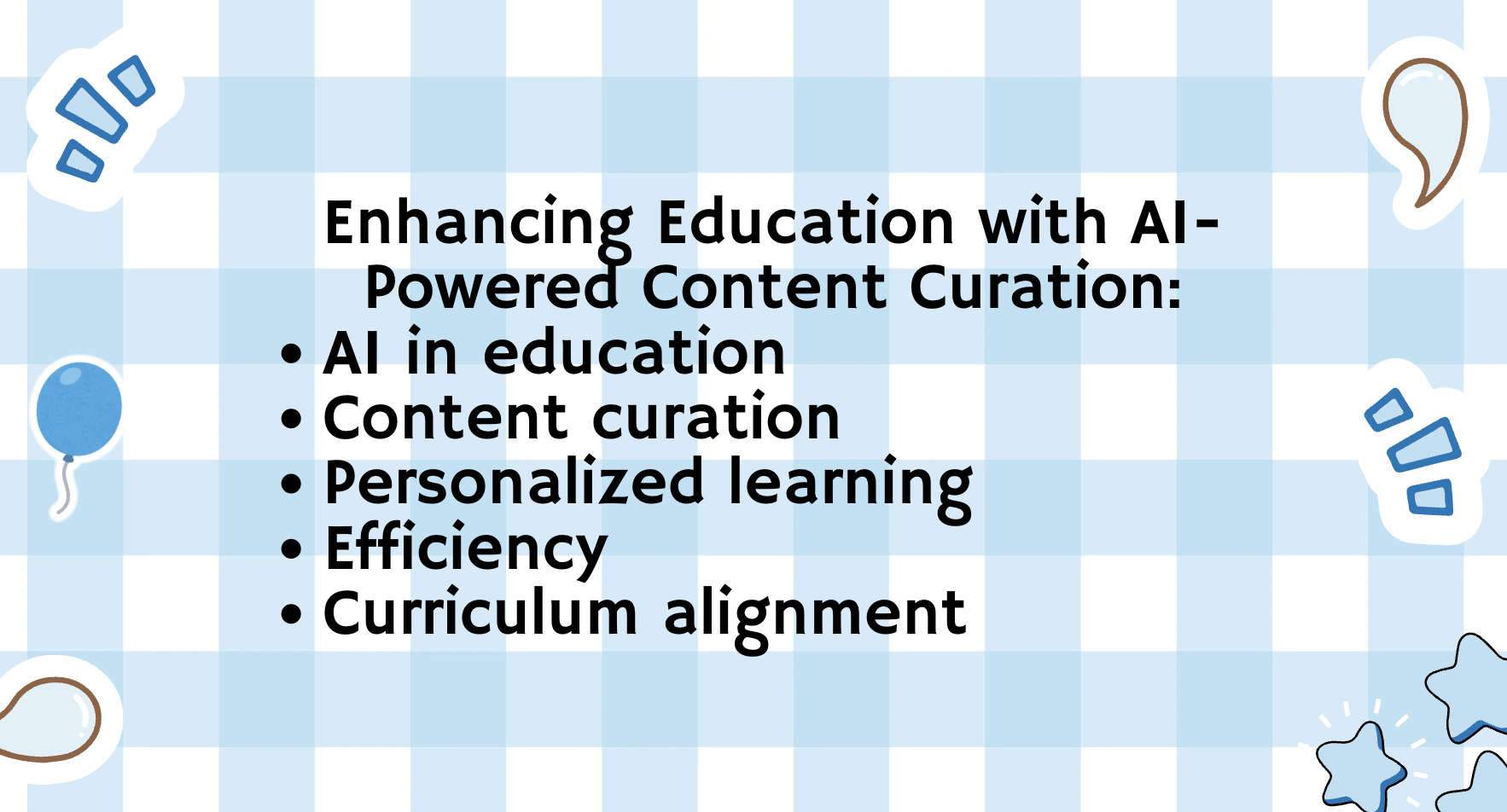
The Modern Educator's Time Crunch
Balancing Curriculum and Creativity
As a teacher, balancing curriculum requirements with engaging and innovative lessons is a constant challenge. The pressure to meet educational standards while sparking curiosity in students can be exhausting. Many educators find themselves sacrificing creativity for curriculum goals or vice versa, spending countless hours searching for perfect activities that meet all requirements.
The Rise of AI in Education
AI in education is revolutionizing how teachers approach lesson planning and preparation. These intelligent assistants streamline workflows, offering support beyond simple automation. AI tools can analyze vast amounts of data, suggest personalized learning paths, and even predict areas where students might struggle, shifting education from one-size-fits-all approaches to more tailored, efficient teaching methods.

Streamlined Lesson Planning with AI Analysis
Automated Content Curation
AI-powered teaching preparation assistants revolutionize resource gathering for lessons. These tools efficiently sift through educational materials to find relevant and engaging resources aligned with specific lesson objectives.
Benefits of AI-powered content curation:
Quickly compiles curated lists of resources aligned with curriculum standards
Considers factors like reading level, subject complexity, and multimedia variety
Saves hours of searching and vetting
Ensures a well-rounded selection of materials for diverse learning needs
Personalized Lesson Suggestions
AI-driven assistants offer personalized lesson suggestions by analyzing curriculum requirements and student learning profiles. They generate tailored recommendations that enhance teaching by leveraging data on student performance and learning preferences.
Enhancing Curriculum Development Through Data Insights
Identifying Knowledge Gaps
AI-powered assistants transform how we identify and address knowledge gaps in classrooms. They analyze student performance data across various assessments, assignments, and classroom interactions to pinpoint struggling areas. This granular insight allows for tailored lesson plans that address specific student needs, rather than relying on a one-size-fits-all approach.
Tracking Learning Progression
These systems monitor and analyze student growth over time, tracking individual progress across various subjects and skills. This longitudinal data is valuable for understanding how teaching strategies impact student outcomes in the long term, enabling data-driven decisions about teaching methods and personalized goal-setting for each learner.
Collaborative Features for Teaching Teams
Shared Resource Libraries
Teaching preparation assistants facilitate the creation and management of shared resource libraries. These digital repositories serve as centralized hubs where teachers can upload, organize, and access a wide array of teaching materials, fostering collaboration and continuous improvement among educators.
Real-time Feedback and Iteration
These tools enable teachers to share lesson plans with colleagues, mentors, or instructional coaches and receive immediate input. This feature transforms lesson planning from a solitary task into a dynamic, collaborative process, allowing for rapid iteration and improvement of lesson plans.
Reducing Administrative Burden with Smart Automation

Streamlined Grading and Assessment
AI-powered assistants are making significant strides in automating and streamlining the grading and assessment process. These tools can handle various assessment types and provide valuable insights that inform teaching.
Feature | Description | Benefit |
|---|---|---|
Instant scoring of objective assessments | Saves time, provides immediate feedback | |
Plagiarism Detection | Checks student work against vast databases | Ensures academic integrity |
Rubric-Based Evaluation | Applies predefined criteria to assignments | Maintains consistency in grading |
Performance Analytics | Generates reports on student and class performance | Informs instructional decisions |
AI-powered teaching assistants offer automated solutions for record-keeping and report generation, significantly reducing the time and effort required for these essential but often tedious tasks. These systems can automatically track and update student progress, attendance, and achievement data in real-time, and generate comprehensive reports tailored for different audiences.
Key features of efficient record-keeping and reporting:
Automated data entry and organization
Real-time updates of student information
Customizable report generation for various stakeholders
Integration with existing school management systems
Conclusion
The integration of AI-powered teaching preparation assistants is transforming the educational landscape. These tools address many of the challenges faced by modern educators, from time management to personalized instruction. By leveraging these innovative solutions, teachers can reduce planning stress, enhance their teaching effectiveness, and ultimately provide a more enriching learning experience for their students.
As we continue to embrace these technological advancements, it's important to remember that AI is a tool to augment and support teachers, not replace them. The human touch in education remains irreplaceable, but with AI assistance, educators can focus more on what truly matters: inspiring and guiding the next generation of learners.
